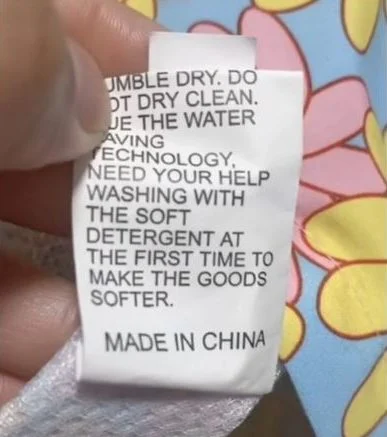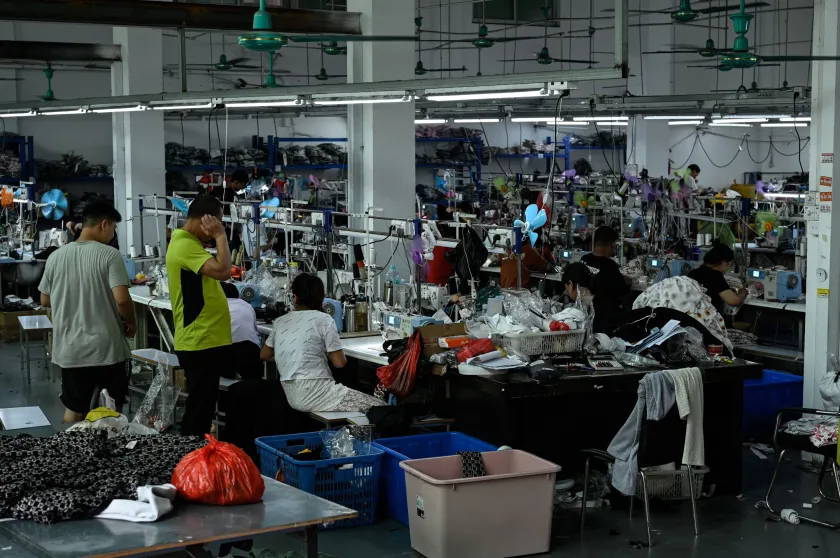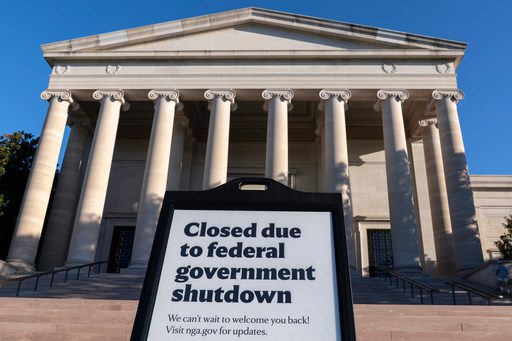Shein originated in 2008 as a bridal website before branching out in 2012 to offer a wide array of women’s fashion. In a remarkably short span of just over ten years, it has surged to become the most downloaded shopping app, out performing even Amazon. Its current worth stands at $100 billion, exceeding the combined worth of H&M and Zara. Shein owes its rise to a combination of factors including aggressive social media marketing, influencer collaborations, remarkably affordable pricing, and strategic employment of discount codes.
Labeling Shein as ethical is simply wrong. In many different labor standard categories including labor conditions, environmental impact, product quality, advertising strategies, transparency, and product safety, Shein consistently falls short, even when compared to other fast fashion brands. To grasp the reasons behind this, it’s crucial to dive into several aspects of their practices that keep them in business.
You might be familiar with the concept of “fast fashion.” Traditionally, fashion lines were seasonal, with distinct collections for each season. However, brands like H&M, Zara, and Forever 21 have popularized the idea of 52 micro-seasons per year, introducing new trends weekly. Over the past decade, fast fashion has faced significant criticism for its contribution to overconsumption, labor, and environmental violations However, Shein takes the fast fashion to an extreme level. Experts hesitate to even categorize Shein as fast fashion, instead giving it a new term, “ultra fast fashion”, to describe its insane pace.
Investigations into factories manufacturing Shein apparel have revealed numerous labor violations. For instance, a UK investigation into one factory said that workers received a base salary of $556 US per month with their initial month’s wages withheld. In other factories, workers were given as little as 4 cents per item produced. These workers endured 18 hour workdays and were granted just one day off per month. One worker expressed, “There’s no such thing as Sundays here.” Additionally, workers faced huge financial penalties for any mistakes on the products they crafted.
A conspiracy theory has circulated on TikTok, saying that workers from Shein were secretly leaving notes and messages in packages, seeking help and assistance from customers. However, despite getting millions of views, there is no substantiated evidence to confirm these claims. An image shown in the video features a yellow piece of paper reading “SOS! SOS! SOS!” on top of a message written in Chinese underneath. One of the tags contained the message “need your help” within the care instructions. Shein addressed these allegations in a TikTok video, saying that it’s all a misunderstanding and emphasizing its “strict code of conduct for suppliers, which prohibits the use of forced labor.” 
Shein is brutal with its marketing and psychological tactics to manipulate consumers into purchasing their low-quality products, which are intentionally designed to have a short lifespan, driving repeat purchases. Unfortunately, this business model not only exploits workers and harms the environment but also exposes consumers to potentially harmful toxins in their clothing.















Lula • May 31, 2024 at 3:56 pm
I’m still shopping here
I’m pretty sure Shein isn’t the only company using these business practices.
I do feel bad for the workers though.
Nogmes1 • May 4, 2024 at 6:49 pm
Even though the delivery is slow, the products are still good.
Nogmes • May 4, 2024 at 6:47 pm
Shein has very good quality of clothing an products, I’ll order products from shein before any other online store, I don’t know about all the other things being said about shein but the clothing products are very very good.